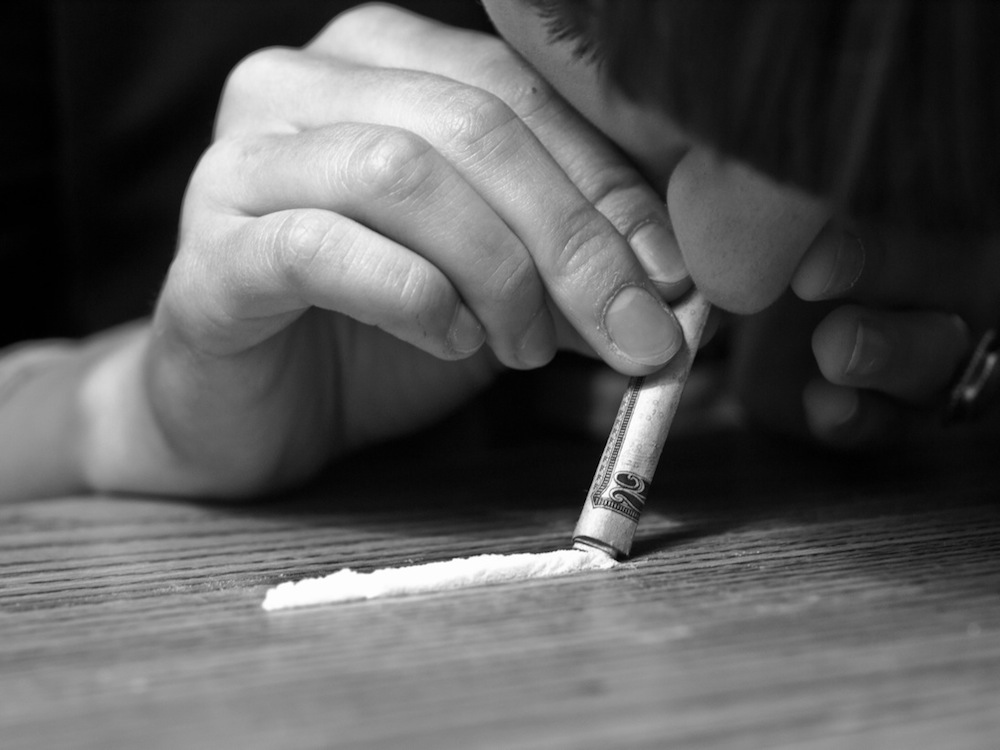Should social drug testing lead to punishment or treatment?
An American judge has overruled a new Florida law that required welfare recipients to undergo drug testing. The law was implemented in July 2011 and since then parents who apply for aid through the federal state Temporary Assistance for Needy Families programme (TANF) need to undergo, and pay for, urine tests to detect illegal drugs.
The federal state program provides disadvantaged people with help in paying for food, shelter and essentials. The drug testing fee, however, must be paid for by the parents at a cost of between $25 and $45. If the test results are negative, the parents are refunded the fees. If, however, the tests are positive, they will be barred from receiving state benefits for 12 months.
The law was stopped temporarily in October 2011 when the American Civil Liberties Union sued on the grounds that the mandatory testing of people who are not suspected of using drugs is a violation of the constitutional prohibition against unreasonable searches and seizures.
US District Judge Mary Scriven has now permanently halted the enforcement of the ruling, stating that “there is nothing inherent in the condition of being impoverished that supports the conclusion that there is a concrete danger that impoverished individuals are prone to drug use.” Florida Governor Rick Scott, a Republican, is appealing against the ruling. He wishes to see more drugs testing in Florida to prevent welfare recipients who have taken drugs from receiving aid.
More support for dependent users?
This raises an important political and social question – should drug testing ever be used to punish individuals who are abusing drugs or alcohol? Those who are in need of welfare support and are also taking drugs, or suffering from alcohol dependency issues, should be receiving additional aid, not less. By providing counselling, support and the means to come to terms with an addiction and overcome it, the welfare of families and society as a whole will be improved.
In America, however, more states are pursuing drug testing for welfare recipients. Oklahoma Republican Governor Mary Fallin said in 2012 that: “Hardworking taxpayers shouldn’t be asked to subsidize drug abuse, and this bill will help to ensure they are not”.
Is drug abuse a crime or an illness?
When does drug abuse become a crime and not an illness? When drug abuse is detected it should be treated in the same way that mental health problems and disease are treated. Ignoring the problem and stopping benefits will never make the problem go away. People will still be poor, desperate and facing long-term hardship, due to mass unemployment and social inequality.
Republican Senator Tim Schaffer of Lancaster explained that the purpose of drug testing is to “break this cycle of dependency in these impoverished situations.” He does not explain, however, how stopping benefits will help lift people out of “these impoverished situations.”
In the UK, a similar attitude is emerging. In 2010, unemployed Londoners became the first in the UK to face drug tests under new government plans to get people off benefits and back into work. Drugs charity Release spoke against the decision, saying: “It’s unbelievable this Government continues to use punitive laws to try to tackle what is ostensibly a health condition.”
Fortunately, this approach does not seem to have been implemented. There have been numerous petitions to enforce drug testing for benefit claimants on the Government’s e-petition website, but so far none of these have been supported by a significant number of people. It would seem that, for now at least, Britain will remain a welfare state that treats all people equally and strives to treat, rather than punish, those who are suffering from addiction and dependency issues.

